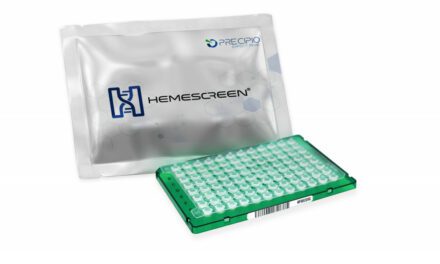Among patients with muscle-invasive bladder cancer participating in the Pure-01 clinical trial, those with the molecular subtype basal claudin low, identified by the Decipher bladder test from Decipher Biosciences, San Diego, received the greatest benefit in progression-free survival from neoadjuvant immunotherapy with pembrolizumab (Keytruda).
Identification of patients who benefit from immune checkpoint inhibitors such as Keytruda, a PD-1 inhibitor, is an unmet need in numerous disease settings for clinicians and pharmaceutical development teams.
The use of Keytruda is currently approved for patients with locally advanced or metastatic bladder cancer who are either platinum-ineligible or who have experienced disease progression on platinum-based chemotherapy, or for patients with bacillus Calmette-Guerin-unresponsive, high risk, non-muscle-invasive bladder cancer.
The Pure-01 clinical trial examined the use of Keytruda prior to surgical removal of the bladder in platinum-eligible patients with nonmetastatic muscle-invasive bladder cancer.
“Identification of a predictive biomarker to a PD-1 inhibitor is essential for us to move the use of immunotherapy earlier in bladder cancer,” says Andrea Necchi, MD, medical oncologist at Italy’s National Cancer Institute. “The results of this study support the further examination of subtyping classifiers and their inclusion in ongoing and future immunotherapy clinical trials.”
For more information, visit Decipher Biosciences.
Reference
1. Necchi A, Raggi D, Gallina A, et al. Impact of molecular subtyping and immune filtration on pathological response and outcome following neoadjuvant pembrolizumab in muscle-invasive bladder cancer. Eur Urol. Epub March 9, 2020; doi: 10.1016/j.eururo.2020.02.028.




